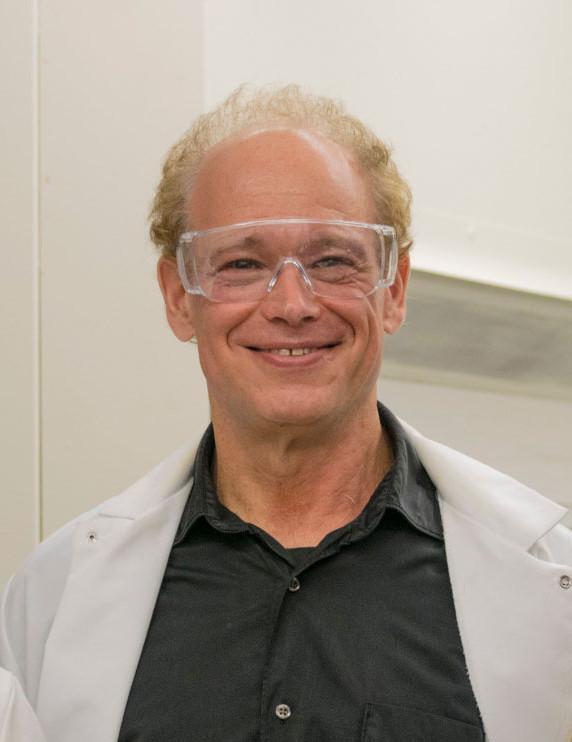
David S. Rumschitzki, the CCNY chemical engineer whose cancer research has earned him a Fulbright Scholar award.
Why some cancers reappear years after chemotherapy or surgery remains a medical mystery that researchers like The City College of New York’s David S. Rumschitzki are trying to unravel. In a boost to his work, the chemical engineering professor in CCNY’s Grove School of Engineering is the recipient of a 2019-2020 Fulbright U.S. Scholar Grant for his proposal “Theory & experiment for breast cancer dormancy & recurrence.”
The Fulbright will support Rumschitzki’s work at the Rappaport Faculty of Medicine at the Technion in Haifa, Israel.
“Two human cancers that are known to recur are skin (melanoma) and breast cancer, both major issues worldwide and disproportionately present in Israel,” noted Rumschitzki. “Israel has the second highest melanoma rate in the world and its most common cancer is breast -- Israeli women have a 1/8 lifetime chance of developing it.”
Rumschitzki believes that the key to avoiding or significantly delaying recurrence is to understand its mechanism.
“Our model predicts a surprising diffusive behavior in tumor-size space that contributes to generate unexpected qualitative behavior such as dormancy and tumor recurrence long after successful surgery,” he said.
So far there is no unequivocal demonstration of dormancy and recurrence in an animal cancer model. The project’s goal is to see if the Rumschitzki team’s model can describe the evolution of populations of such tumors in mice and, if so, if the model with the harvested mouse parameters predicts dormancy and recurrence in this species. “Should that be the case, we will design experiments to try to observe this as yet mysterious phenomenon for the first time in non-human cancers,” he concluded.
His Fulbright collaborators include Yuval Shaked of the Rappaport Faculty of Medicine. Rumschitzki has also worked with Richard White at Memorial Sloan-Kettering Cancer Center on melanoma tumors in zebrafish.
This is Rumschitzki’s second major award from the U.S. government in less than a year. He received a U.S. Department of Education Graduate Assistance in Areas of National Need grant of more than $1million last fall to train seven chemical engineering PhDs in sub-areas of the field.
About the Fulbright Scholar Program
Established in 1946 under legislation introduced by the late Sen. J. William Fulbright of Arkansas, the program's purpose is to build mutual understanding between the people of the United States and other countries. Fulbright Scholars are selected on the basis of academic or professional achievement and demonstrated leadership potential in their fields.
About the Grove School of Engineering
CCNY’s Grove School of Engineering celebrates a century of educating engineers this year. Originally established as the School of Technology in 1919, it evolved to the School of Engineering in 1962 and was renamed The Grove School of Engineering in 2005 in honor of alumnus Andrew S. Grove, whose $26 million gift to the institution that year is the largest in CCNY’s history. A distinguished member of CCNY’s Class of 1960, Grove was a founder and former chairman of Intel Corp, one of the world’s leading producers of semiconductor chips. Today, the Grove School remains the only public school of engineering in the heart of New York City.
About The City College of New York
Since 1847, The City College of New York has provided a high quality and affordable education to generations of New Yorkers in a wide variety of disciplines. CCNY embraces its role at the forefront of social change. It is ranked #1 by the Harvard-based Opportunity Insights out of 369 selective public colleges in the United States on the overall mobility index. This measure reflects both access and outcomes, representing the likelihood that a student at CCNY can move up two or more income quintiles. In addition, the Center for World University Rankings places CCNY in the top 1.2% of universities worldwide in terms of academic excellence. More than 16,000 students pursue undergraduate and graduate degrees in eight professional schools and divisions, driven by significant funded research, creativity and scholarship. CCNY is as diverse, dynamic and visionary as New York City itself. View CCNY Media Kit.